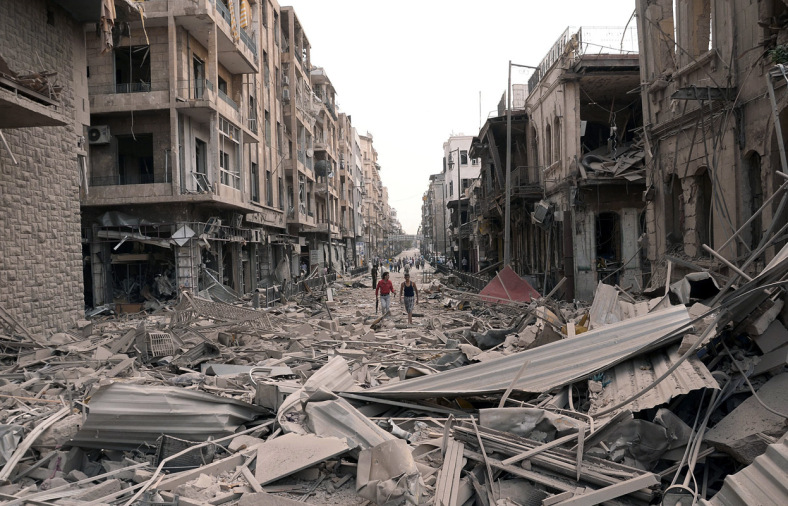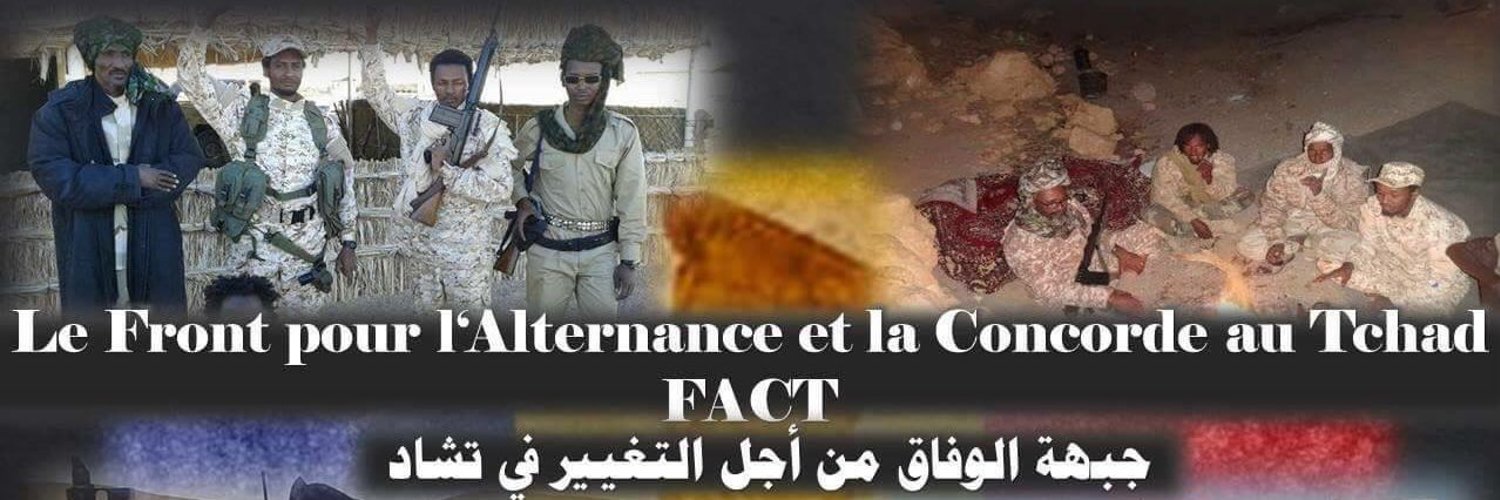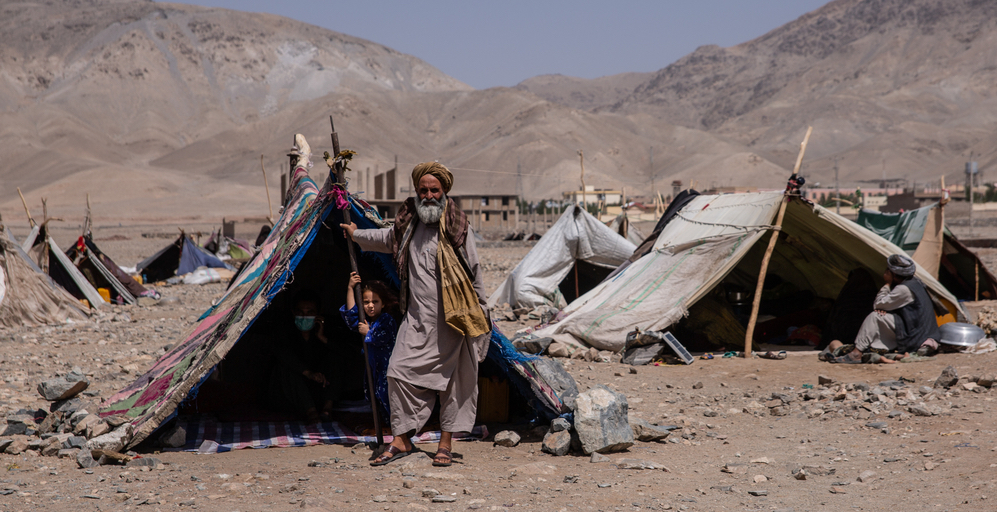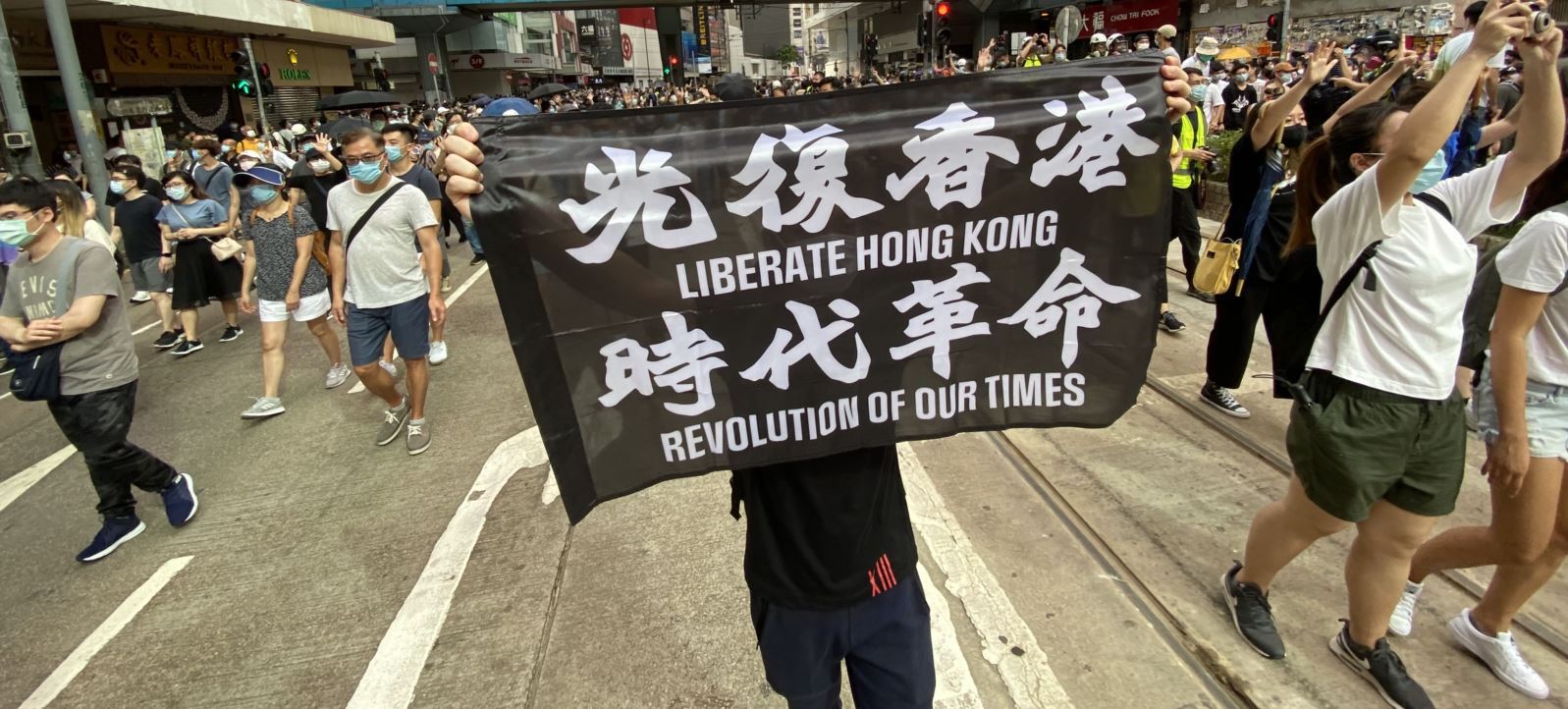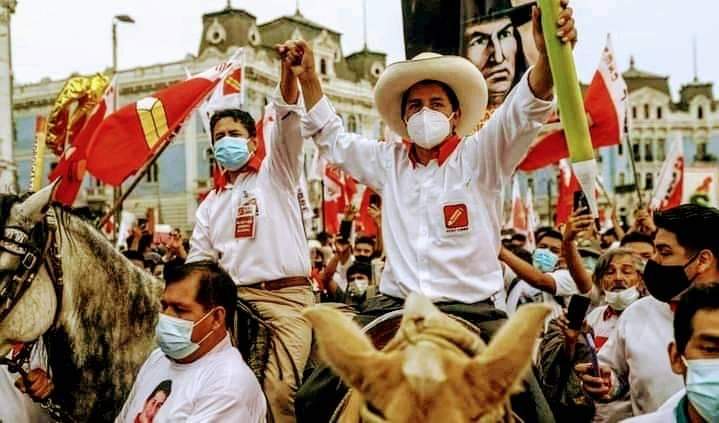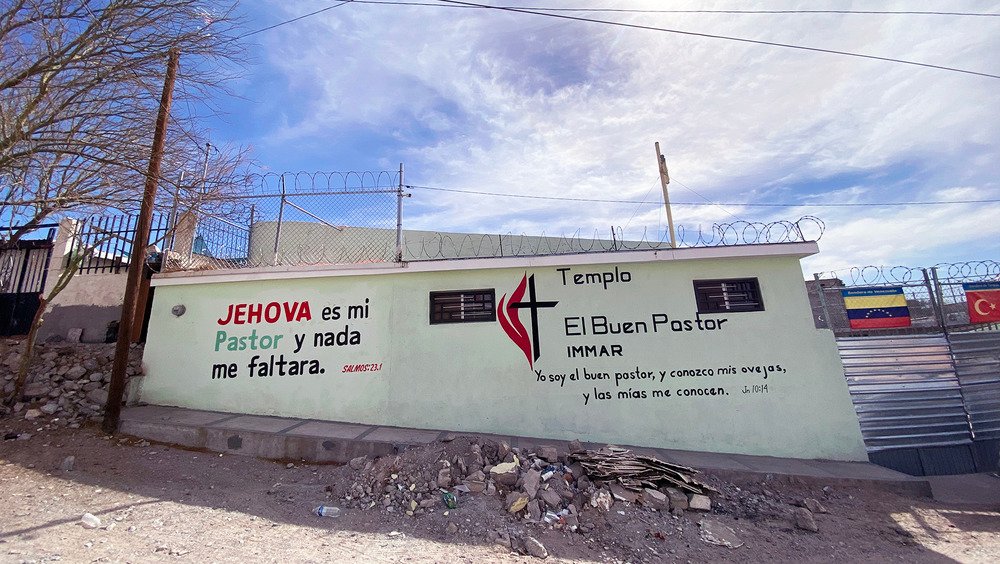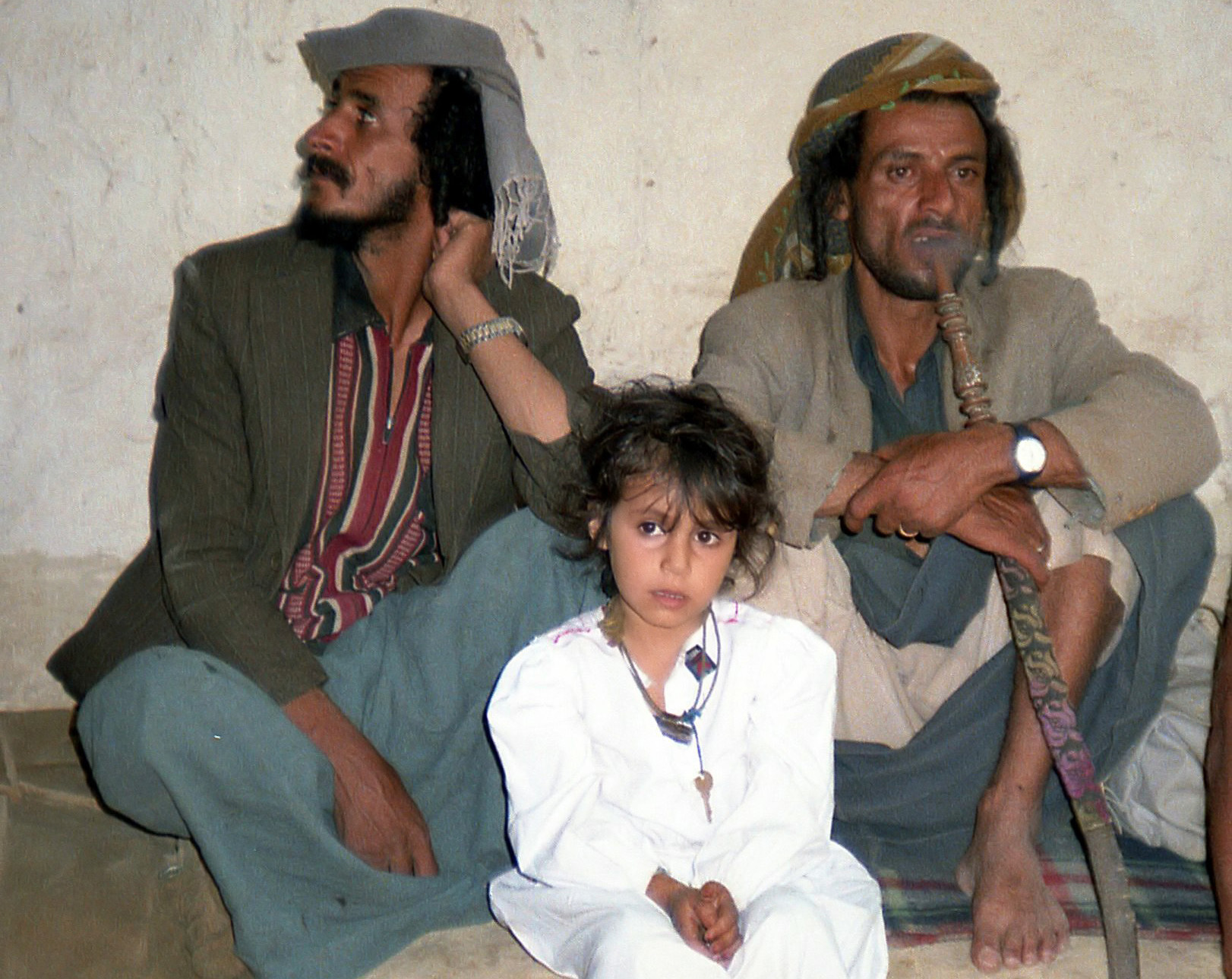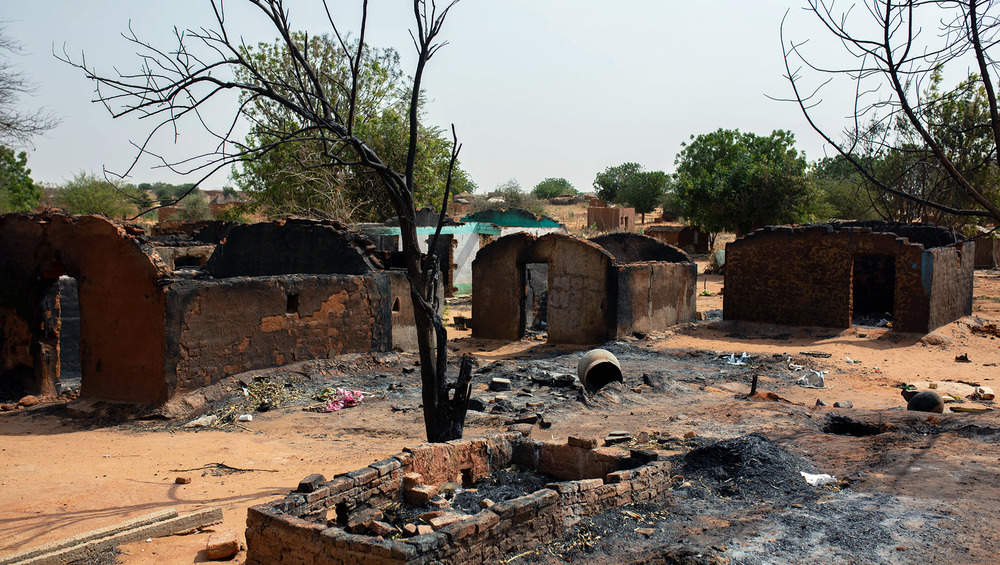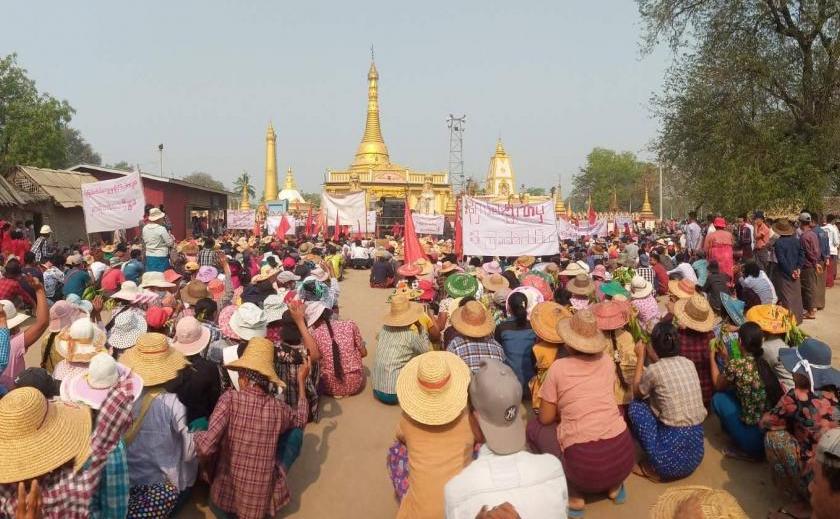
Burma: ousted leaders form parallel government
Ousted Burmese lawmakers and opponents of the military junta hitherto constituting the Committee Representing Pyidaungsu Hluttaw (CRPH, a reference to the lower house of the suspended parliament) officially announced the formation of a National Unity Government. The president of this parallel civilian authority is U Win Myint, the ousted former president. Similarly, its state counselor is Aung San Suu Kyi, who was serving in that capacity before the February coup d’etat. Both U Win Myint and Suu Kyi are being held in detention by the junta, and the first demand of the NUG is for their freedom. Protests against the junta continue, with the death toll in repression since the coup d’etat now thought to be over 700. In some areas, civilians have started to form armed self-defense patrols. (Photo: Myanmar Now)



